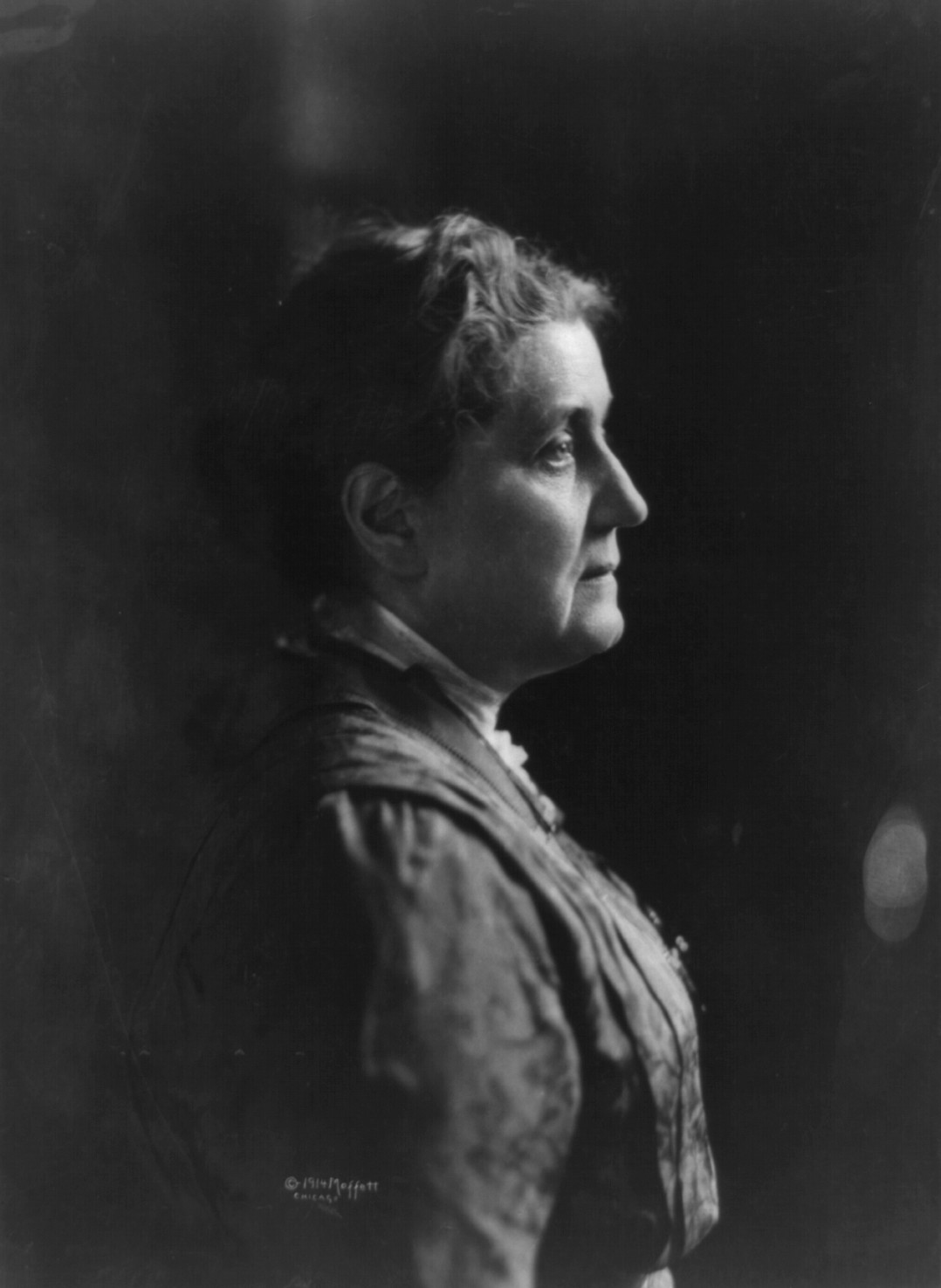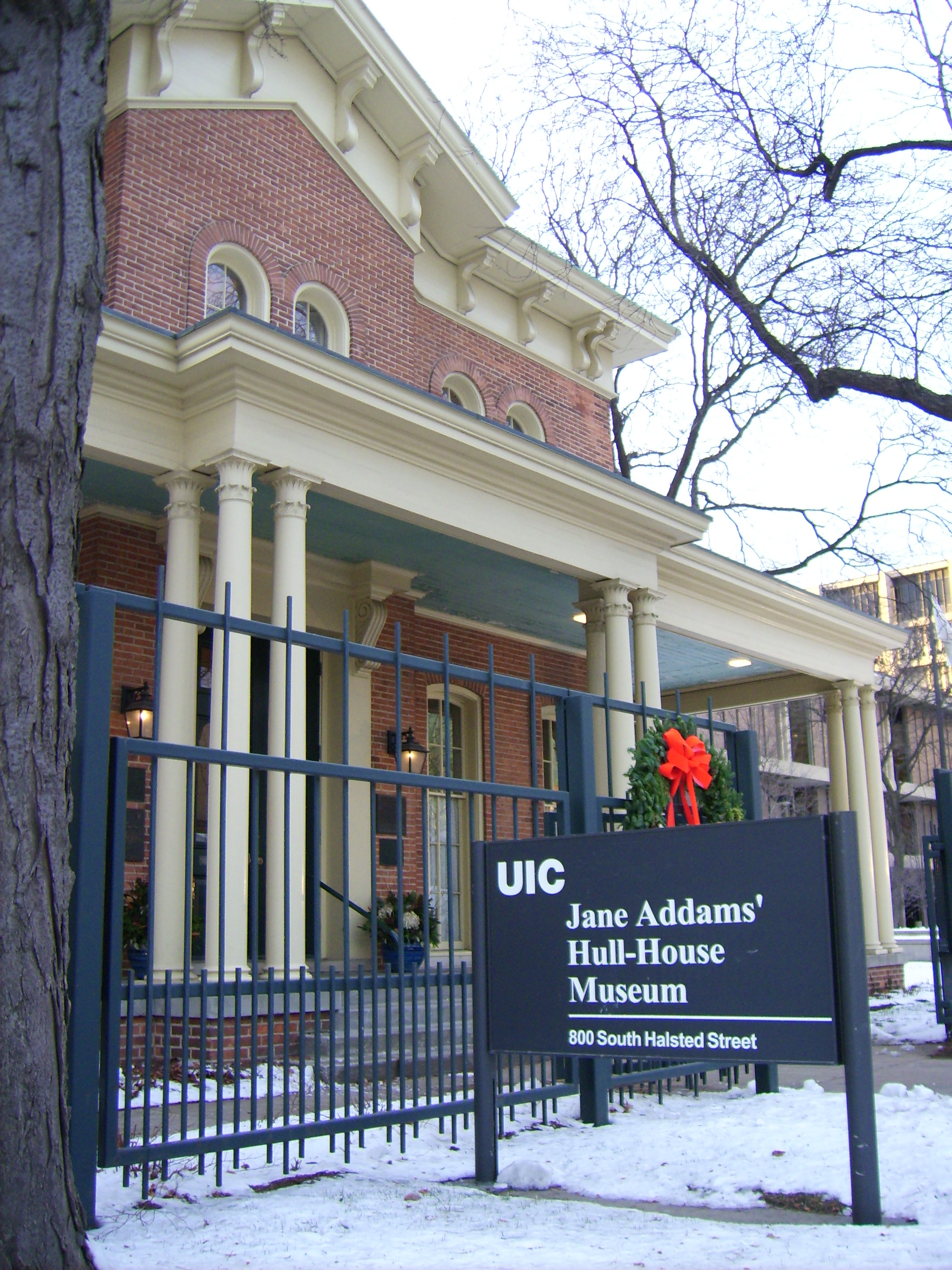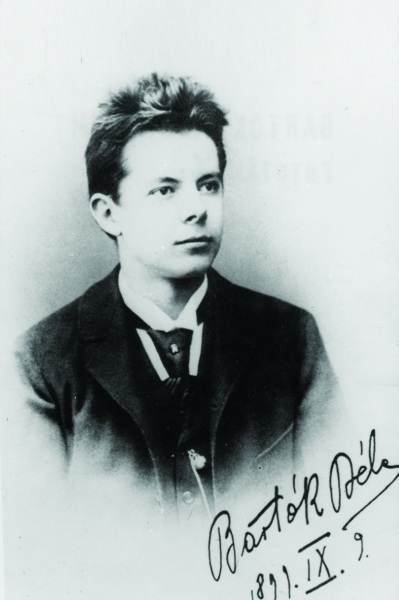Show Some Love
May 17, 2017Whether it’s lunch money, a bill tucked inside a card, allowance or any other special occasion, bring a little whimsy to the experiences with these origami-style hearts, a little reminder that love is the greatest wealth there is.
Hull House
May 17, 2017Jane Addams was raised in a comfortably well-off family in a farming community. So when, as a child, she first saw that some people in the  city lived in horrible conditions she was shocked. But instead of wanting to run away, she decided that she wanted to live among those poor people.
city lived in horrible conditions she was shocked. But instead of wanting to run away, she decided that she wanted to live among those poor people.
She grew up to do more than that. In 1889 Jane Addams and her partner Ellen Starr found a big house in an area of Chicago where many recent immigrants lived, often in dirty, crowded conditions of extreme poverty. That house became Hull House, which not only provided a place for 25 women (including Addams and Starr) to live, it also served as a location for people to join clubs, discussions, and activities, as well as take English and citizenship classes, and theater, music, and art classes.
Hull House provided a kindergarten and day care for the children of working mothers, an employment bureau, an art gallery, a museum, and  libraries. Those lectures and discussions and classes were places for poor immigrants and wealthier Chicago residents to come together and learn from one another, because Addams strongly believed that people of different social classes had a great deal to teach one another, and that we all are better off when people come together.
libraries. Those lectures and discussions and classes were places for poor immigrants and wealthier Chicago residents to come together and learn from one another, because Addams strongly believed that people of different social classes had a great deal to teach one another, and that we all are better off when people come together.
Learn more by visiting The Jane Addams Hull-House Museum online.
The Hungry Coat
May 17, 2017Creativity is Everywhere
April 7, 2017There’s a place for creativity in pretty much all aspects of our lives, whether it’s work or play. This little song is a reminder of how creativity and art help us to learn.
Audio PlayerA Creative Life
April 7, 2017Béla Bartók was a Hungarian pianist and composer who added a great deal to our world through his creativity. He started playing piano as a tiny child, and knew 40 songs by the time he was four—and gave his first public recital , including an original composition he’d written two year earlier, when he was eleven.
Bartók went on to become a famous composer who not only wrote his own music, but also went out around the countryside gathering folk music, which he often worked into his compositions. While he was collecting music from the Székely people in Transylvania he learned about Unitarianism.
He liked the idea of a creative religion that was less about following rules and more about connecting with all aspects of life. He eventually joined a Unitarian church in Hungary, and attended with his son.
With the rise of a fascist government in Hungary and the approach of the Second World War, Bartók fled to the United States. He was safe there, but felt lonely and disconnected from his homeland, and it was hard for him to continue to write music. But when he was diagnosed with leukemia and knew that he did not have very long to live, his creative energy returned in a burst and his last compositions are often considered his greatest.
To learn more about Bartók and listen to some of his music, visit the NPR story, “Béla Bartók: Finding a Voice Through Folk Music”
Music: Béla – Evening in the village
Here is one of Bartók’s compositions, titled “Evening in the Village.” The tune comes from a folksong, which is called the “ancient Székely anthem.” The pictures in the video were almost all taken in Transylvania, where Bartók discovered Unitarianism. (The one with the gate was taken in Máriabesnyő, a famous shrine in the outskirts of Budapest.)
Your Body is Your Body
February 2, 2017The chorus of this song by Peter Alsop is “My body’s nobody’s body but mine. You’ve got your own body, let me run mine!” It’s a good little bit of song to keep in your head for times when someone else seems to think that your body should look or act a different way than what is right for you.
All Bodies Need Care
February 2, 2017Clara Barton learned in the Universalist church she was raised in that God is love, and that all lives are precious. As she grew up she took those lessons seriously, recognizing that we are called to care for people’s bodies, not just their souls.
Clara Barton became a teacher, but when the Civil War broke out she was horrified to learn that food and medical supplies weren’t getting to the soldiers, and that many suffered and even died for lack of food, water, and treatment for their injuries.
Although people at the time didn’t think women were strong enough to handle being in the midst of war, Clara raised money for supplies, and snuck in at midnight to a battlefield in Virginia, where she set about cooking food and treating the injured. She even learned how to remove a bullet from a person using just a pen knife!
Clara Barton cared for soldiers from both sides at 14 battle sites. And when the war was over, she was the person who founded the American Red Cross, bringing to the United States the idea of an organization that would care for all people in a crisis, restoring safety and health to bodies.
Renew Your Membership
We invite you to join your fellow CLFers to renew your CLF membership and stewardship of the CLF for another year.
Support the CLF
Can you give $5 or more to sustain the ministries of the Church of the Larger Fellowship?
Newsletter Signup
About
Quest for Meaning is a program of the Church of the Larger Fellowship (CLF).
As a Unitarian Universalist congregation with no geographical boundary, the CLF creates global spiritual community, rooted in profound love, which cultivates wonder, imagination, and the courage to act.
Contact
Church of the Larger Fellowship Unitarian Universalist (CLFUU)
24 Farnsworth Street
Boston MA 02210




